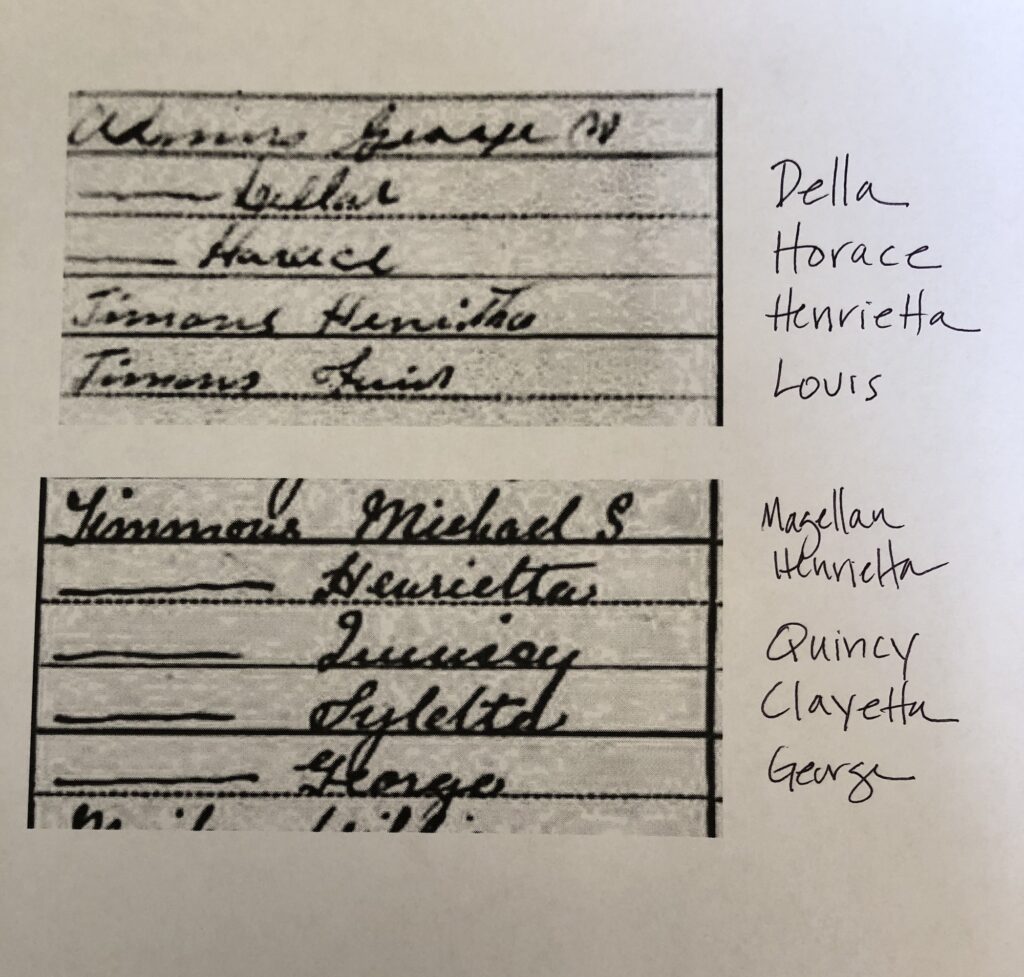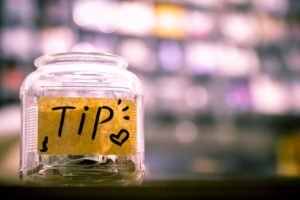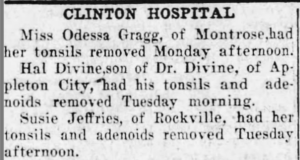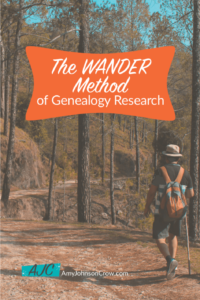Censuses are such a great friend to genealogists. They’ve been digitized and indexed. From 1850 forward they supply household members’ names. And every ten years you get a new batch to work with.
There are lots of reasons to take what’s mentioned in a census with a grain of salt, like the competence of the enumerator or the knowledge of the informant.
But one of the big challenges with census research is handwriting. It’s not just that handwriting has changed through time, so older writing looks unfamiliar. Often the enumerator seems to have lousy handwriting. (Isn’t it wonderful when you come across a census whose enumerator had perfect penmanship?) He/she was probably tired after a hard day of knocking on doors. So it’s important to remember when dealing with censuses that a name may not be what it looks like.
This week I’ve been doing tiny projects for my organizing blog and today when I was cleaning out my under-the-desk file cart, I came across a piece a paper I’d created some years ago with census entries for one of my collateral relatives, Henrietta Adams Timmons, daughter of George Washington Adams (1845-1938), whom I write about a lot here. She was living with her father, George, stepmother Della and son, Louis Quincy, in the 1910 census. In the 1920 census was living with her husband, Magellan Timmons, and children Louis, Clayetta and George.
Check out these images from the 1910 and 1920 censuses, respectively. I wrote the names of the people next to the census image.
You can see that Louis’ name is practically indecipherable (and he appears to be called Quincy in 1920, though that’s hardly legible); Magellan has become Michael and Clayetta looks like Sylelta (maybe)? It’s no surprise that Della was indexed Lellar.
The worst part about the bad handwriting of the 1910 census is that the enumerator was George Washington Adams himself!
Of course poor handwriting makes indexing really difficult. Sometimes that means you have to browse, rather than search for your people. I guess my takeaway is that I come across conflicting or confusing names for someone in my family tree, I need to consider whether handwriting might be the culprit.

 Here’s the next in my series of bite-size Quick Tips. Click on the
Here’s the next in my series of bite-size Quick Tips. Click on the  I’ve been working on
I’ve been working on 
